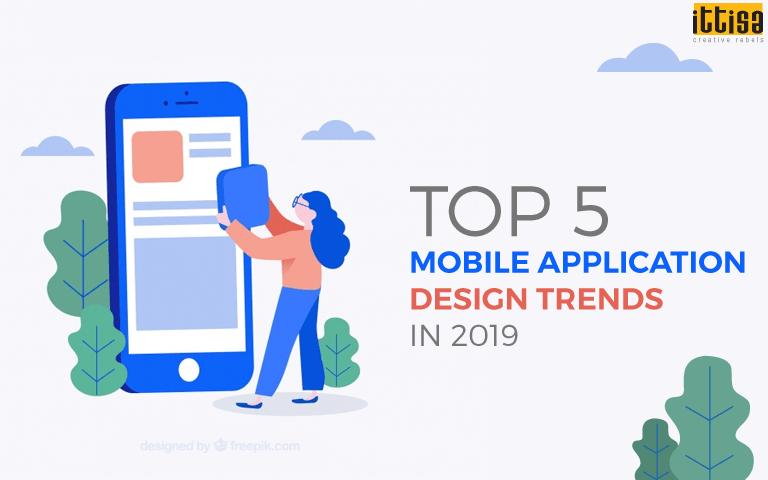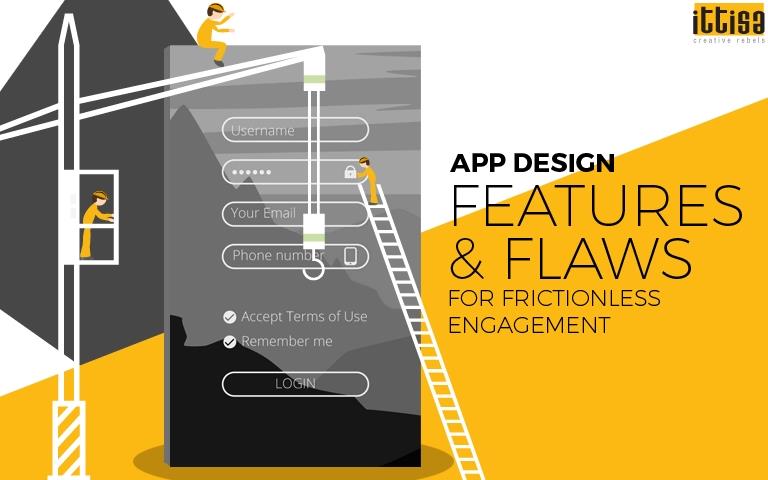April 02, 2018
Mobile App vs Mobile Website- Which one do you prefer?
About 650 million people in India use mobile phones out of which 300-400 million own a smartphone. This means that they access the Internet through a mobile device. Almost 3 out of 4 Indians are planning to upgrade their phones this year, which means that India will have the second largest number of smartphone users in the world (approx 530 million) after China. This increased use of smartphones indicates larger interaction opportunities of a brand with customers which is why a mobile strategy is absolutely imperative for all brands.
Deciding whether to invest in a mobile app or stick to a mobile website is an important factor in the future success of a brand. In this blog, we highlight key differences between the two that can help you make the right decision.
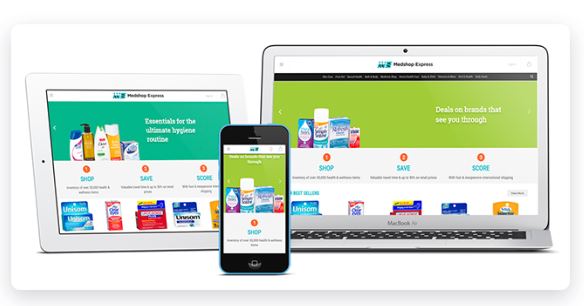 https://rubygarage.org/uploads/article_image/file/774/responsive-web-design-example.j[/caption]
https://rubygarage.org/uploads/article_image/file/774/responsive-web-design-example.j[/caption]
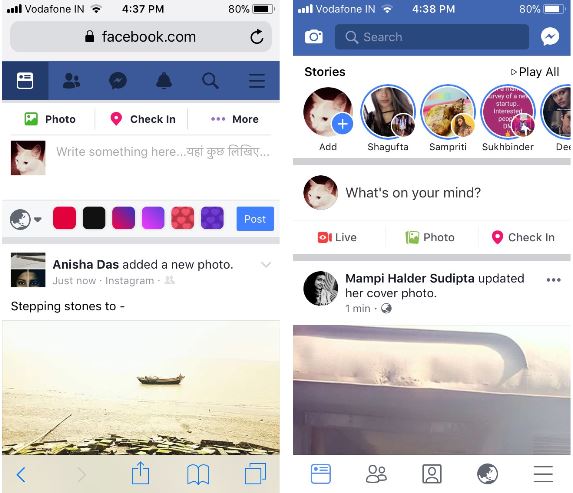
 http://icynta.com/blog/wp-content/uploads/2016/08/mobile-application-VS-mobile-website.jpg[/caption]
http://icynta.com/blog/wp-content/uploads/2016/08/mobile-application-VS-mobile-website.jpg[/caption]
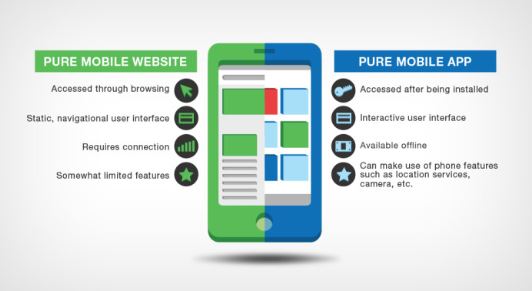 https://www.biznessapps.com/blog/wp-content/uploads/2016/02/mobileappvswebsites-e1456595445247.jpg[/caption]
https://www.biznessapps.com/blog/wp-content/uploads/2016/02/mobileappvswebsites-e1456595445247.jpg[/caption]
What is a Mobile Application?
A mobile application is a small individual software with limited functions designed to run on a mobile device such as a smartphone or a Tablet. Apps like Google Play Store, Apple’s App Store are pre-installed app stores on individual mobile devices. Various mobile applications that are downloaded from such portals and installed on a mobile device are not rendered within a browser.What is a Mobile Website?
A mobile website is a condensed version of a full desktop site. It consists of browser based html pages and has to be accessed through internet connection. It is actually designed for smaller display features as in smartphones and tablets and touch screen interface. [caption id="attachment_8186" align="aligncenter" width="584"] https://rubygarage.org/uploads/article_image/file/774/responsive-web-design-example.j[/caption]
https://rubygarage.org/uploads/article_image/file/774/responsive-web-design-example.j[/caption]
How are Mobile Apps and Mobile Websites different?
Means of Access:
A mobile website has to be accessed through an internet browser by typing the URL address in the search navigation bar. It does not need to be downloaded. To gain access, only internet connection is required. A mobile app has to be downloaded from an online portal or store such as Google Play Store or Apple’s App Store and then installed in the smartphone or tablet for further use. In majority of cases, it does not need an internet connection.
Upgrading Setup:
Since a mobile website update is an online process and takes place automatically, the user is not usually aware about it. The users of a mobile app have to authorize and install an update which might increase frustration for users and somewhat reduce the flexibility for the companies.According to Purpose:
A mobile website is usually targeted with the purpose of informing a large audience, for a longer time window or for specific events and promotions. A mobile app can be used frequently and repeatedly because it can be downloaded and stored in a mobile device. It is subject to specific needs and user loyalty.Availability:
Mobile websites can be accessed immediately via a browser through the internet across different sets of mobile devices. Mobile apps on the other hand have to be downloaded and installed, before the content or the application can be viewed. [caption id="attachment_8185" align="aligncenter" width="585"] http://icynta.com/blog/wp-content/uploads/2016/08/mobile-application-VS-mobile-website.jpg[/caption]
http://icynta.com/blog/wp-content/uploads/2016/08/mobile-application-VS-mobile-website.jpg[/caption]
Findability:
Pages of mobile websites are displayed in search results and listed in industry specific search directories making it easier for users to search for it. Using device detection, users of a regular website can be sent directly to a mobile website on a hand held device. Visibility of mobile apps are restricted to app stores and cannot be located easily without prior knowledge about the app.Reach:
Mobile websites can be easily shared among users or a broader audience by sharing the URL address of that particular website through emails, social media platforms, or text messages. Mobile apps, on the other hand cannot be shared easily since it has to be downloaded and installed from an app store based on device compatibility. [caption id="attachment_8188" align="aligncenter" width="532"] https://www.biznessapps.com/blog/wp-content/uploads/2016/02/mobileappvswebsites-e1456595445247.jpg[/caption]
https://www.biznessapps.com/blog/wp-content/uploads/2016/02/mobileappvswebsites-e1456595445247.jpg[/caption]

